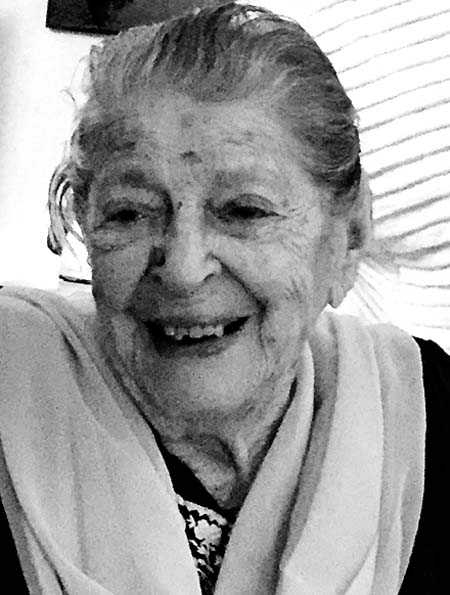A few reasons why Manu Smriti was burned down
LAST week I put away Manu Smriti after reading half of it. I read it with rage. It is an obnoxious book. It is now read by scholars and followers of the absurd doctrine of the twice born. Regardless of what Wendy Doniger and Jawaharlal Nehru write (Nehru is surprisingly shallow and superficial) the book is an assault on equality and fair mindedness. Regardless of portions that are worth reading, Manu Smriti repelled me, as it did Dr BR Ambedkar.
Narendra Jadhav, in his superb biography of Ambedkar, writes, “Dr. Ambedkar denounced Manu Smriti. Revered by the so-called upper-caste Hindus, it (has been) reviled by the untouchables, as it directed that molten lead be poured into the ears of untouchables if they heard or read the sacred Vedas. There are even worse punishments. Dr. Ambedkar felt that Manu Smriti was a charter of rights for the so-called upper caste Hindus but a Bible of slavery for untouchables….” He gave a call to publically burn copies of the book.
That evening (December 25, 1927), the Manu Smriti was placed on a special pyre and ceremonially burned amid cheers from the untouchables. I am against book burning, but in this case, I am with Dr BR Ambedkar.
************
ON April 25, Fori Nehru, the wife of late BK Nehru, passed away in Kasuali at the age of 109. She was neither infirm nor bed-ridden. Till recently she drove her own car to Chandigarh in the winter to stay there with her son, Anil. In Kasuali she had become an institution, loved and respected by every resident.
I first set eyes on Shri and Shrimati BK Nehru in New York in November 1961. Jawaharlal Nehru was on an official visit to the United States. As ambassador to the US, BK Nehru was with the PM most of the time. Fori Nehru escorted Indira Gandhi. I was then posted in New York and met them for the first time. I got to know them intimately when BK Nehru was my boss in London from November 1973 to August 1977. He was high commissioner and I, deputy high commissioner. BK Nehru died in 2001 at the age of 92.
Magdolna Friedman came from a middle-class Hungarian Jewish family. She married BK Nehru on January 25, 1935, and the couple lived happily ever after. Theirs was a model marriage. Fori-ji was the last of the Nehru’s from Jawaharlalji’s time. She was an exceptional diplomatic hostess, with a remarkable gift for friendship. She treated my wife, Hem, and me with genuine affection. Her passing away is truly the end of an era.
************
ASHWANI Kumar’s book, Hope: In a Challenged Democracy, has caused more than a stir in the establishment by at least temporarily putting an end to its somnambulism. The author is a well-known gentleman (what an out-of-date word) politician and a well-established lawyer with a flourishing practice in the Supreme Court. He was in the Rajya Sabha for 14 years, actively participating in debates on issues of national importance. Mostly he spoke extempore. An excellent speaker who was heard with rapt attention.
Chapter thirty-five makes melancholic reading. Sonia Gandhi denied him a third term in the Rajya Sabha and did so gracelessly. A few days before Indira Gandhi was killed, I was walking down the broad steps outside her office in South Block. I said to her that I would be leaving for Bharatpur to start work in my constituency. My first priority would be to get the Congress livery, khaddar kurta, Jawahar jacket etc. She looked at me and uttered these immortal words, “Now that you are coming into politics, a thicker skin would be more useful.” My not-so-elegant advice to Ashwani Kumar is to acquire a thicker skin.
Among the many merits of this book is Ashwani’s wide knowledge of English literature and Greek philosophy. He quotes Plato from his, “The Apology of Socrates” 399 B.C. “… it is not easy in a short time to do away with great calumnies.”
I have never subscribed to the view that the ancient Greek philosophers could do no wrong. Plato talked a lot of rubbish.
One does not know the fate of books, but Ashwani Kumar’s book should have long shelf life and a good sale.
************
NEXT month will be the birth centenary of John F Kennedy (born May 29, 1917) and on November 19 that of Indira Gandhi. Both met cruel deaths. I was in New York when Kennedy was assassinated in Dallas on November 22, 1963, and around 700 yards from the spot where Indiraji was felled on Oct 31, 1984. Let us remember their centenaries with thanks-giving.









